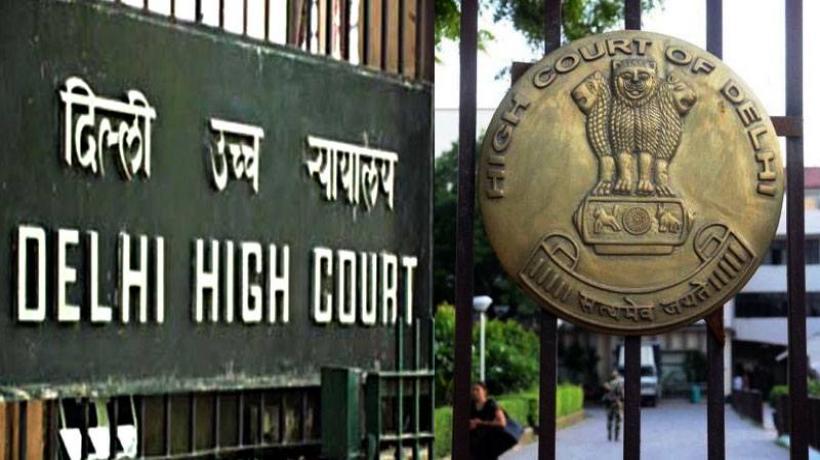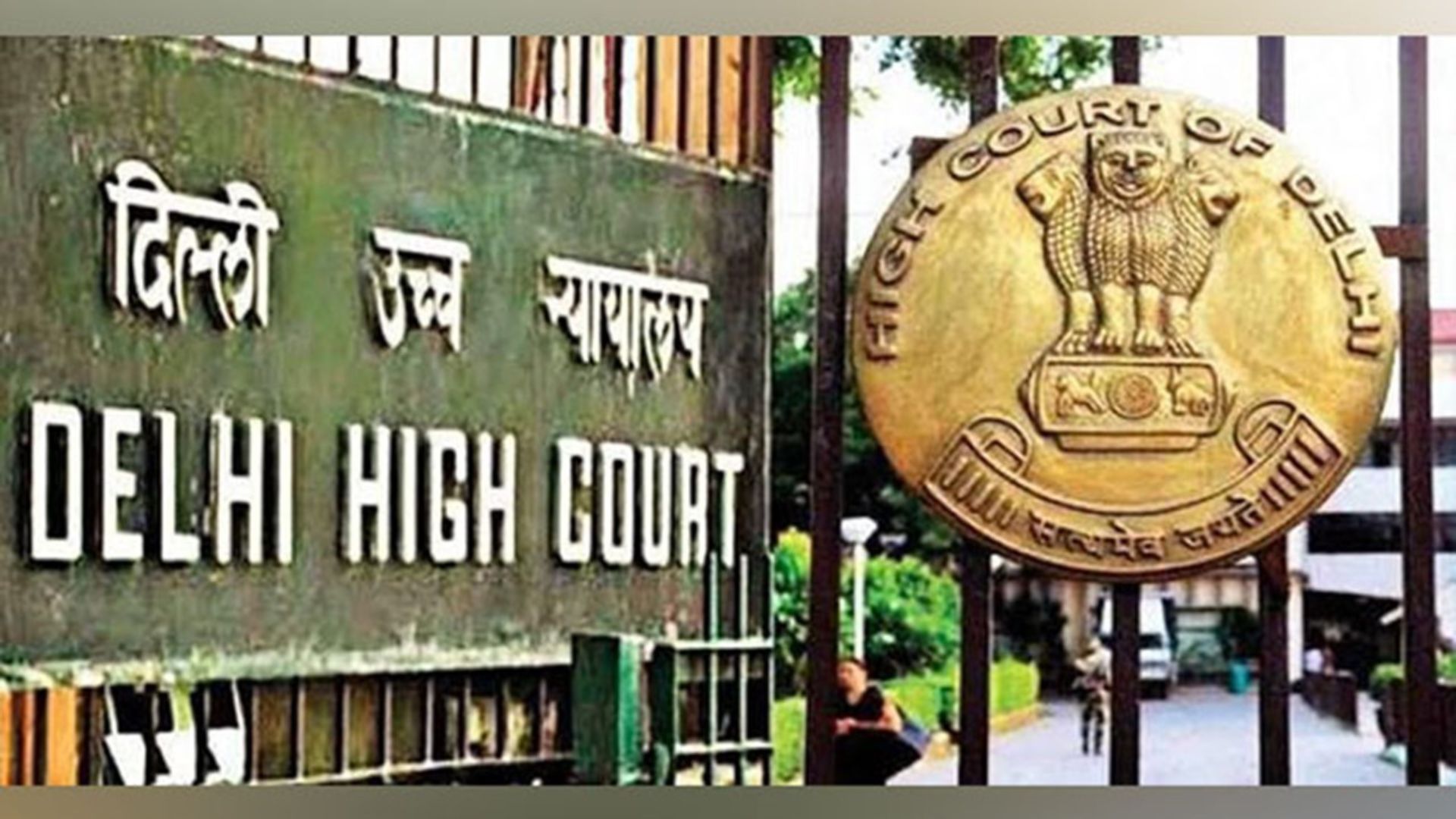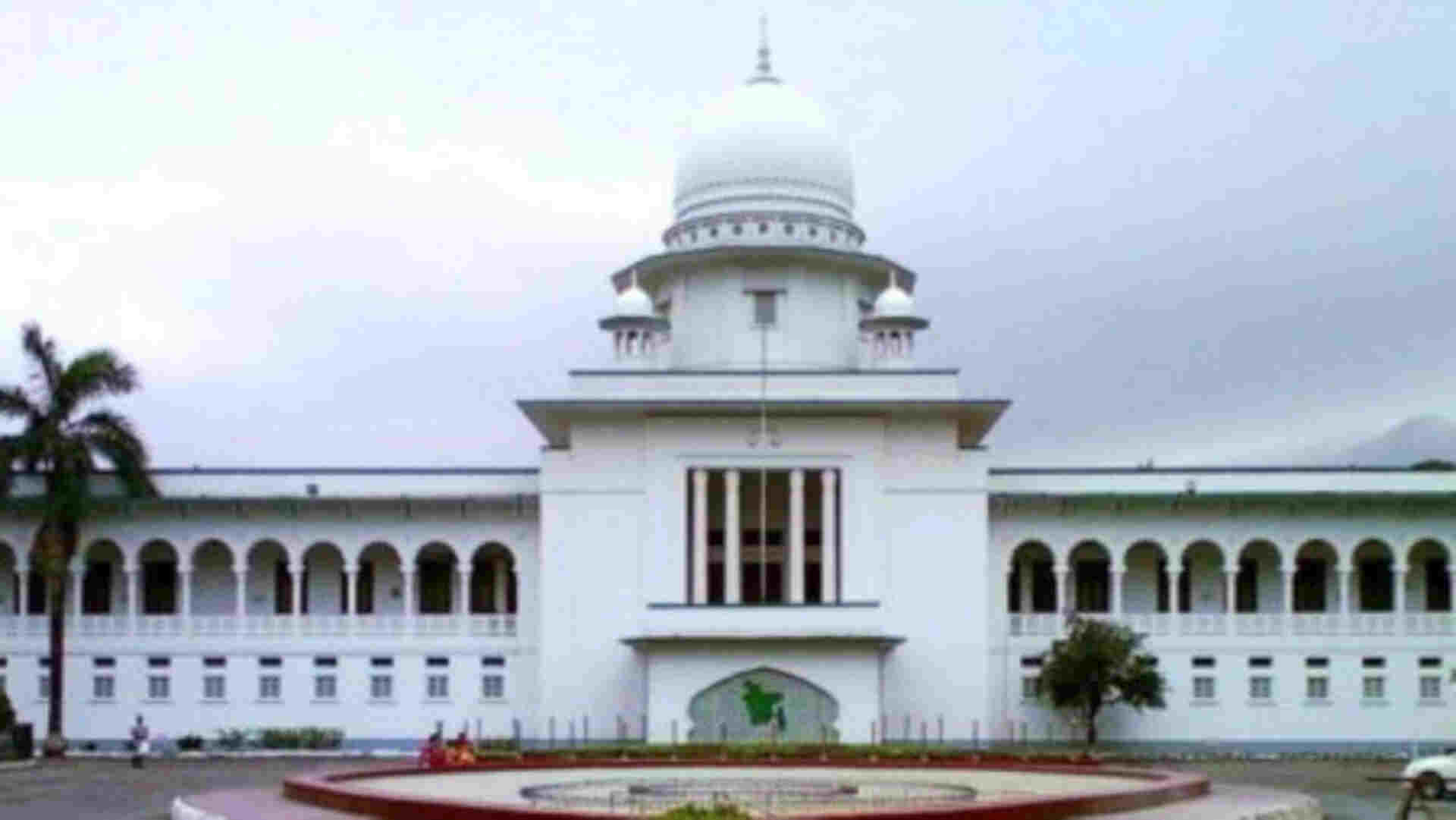
The Delhi High Court in the case Delhi Gymkhana Club Versus Commissioner, Luxury Tax, New Delhi and Ors observed and has held that the Delhi Gymkhana Club is exigible to tax under the Delhi Tax on Luxuries Act, 1996.
The bench comprising of Justice Yashwant Varma and Justice Ravinder Dudeja in the case observed and has stated that the Delhi Tax on Luxuries Act, 1996, as it stood during the assessment period in question, wherein it extended its application also to the provision of residential accommodation in a club and, if in any case, did not at the relevant time exclude the provisioning of accommodation to members of a club from the expression ‘luxury’ and the word ‘luxury’ did not even exist in the statute book which being prior to its insertion by virtue of the 2012 Amendment Act.
In the present case, the petitioner or assessee had challenged the validity of the order passed by the Commissioner, the Entertainment and Luxury Tax. The court stated that the respondent or department, and which has in turn affirmed the orders of assessment made for Financial Years 2009-2010, 2010-2011, and 2011-2012, holding it to be exigible to tax under the Delhi Tax on Luxuries Act, 1996.
It has been claimed by the petitioner or assessee to be a ‘club’ constituted as a not-for-profit company as contemplated under Section 25 of the erstwhile Companies Act, 1956, had neither obtained registration as stated under the Act nor had it paid any tax.
The petitioner in the plea asserted that it is the social club which is governed by the principle of mutuality, and it was duly incorporated as such in terms of Section 25 of the Companies Act, 1956.
The petitioner in the plea contended that it being the mutual benefit association and that its various activities are confined to its members. It has also been contended before the court that the respondent has clearly erred in holding it liable to pay luxury tax.
The court in the case observed that the expression ‘hotelier’ was defined to mean the owner of an establishment and would, by extension, have to be read alongside Section 2(g), which includes the ‘club’ within the meaning of an establishment.
Therefore, the Section 3 envisaged the levy of tax on the turnover of receipts by a hotelier and the section 3(4) of the Delhi Tax on Luxuries Act, 1996, extended the levy of tax even to a contingency where a room may have been provided in a hotel to a person other than an employee of the former, either gratis or at a concessional rate.
The court stated that the 2012 Amendment Act seek in order to expand the levy of tax from just an ‘establishment’ as defined in Section 2(g) to activities as defined under both Sections 2(eb) and 2(g) and that the tax has become leviable upon a banquet hall, gymnasium, health club, hotel, or spa as well.
In terms of Section 2(g), the word ‘establishment’ was defined in order to extend to residential accommodation, a lodging house, an inn, a club, a resort, a farm house, a public house, or a building or a part where residential accommodation is provided by way of a business. It has also been stated by the court that the term ‘luxury’ as defined, and this court find that the same is brought within its ambit of accommodation or space provided in a banquet hall and the services provided in a gymnasium or health club or accommodation, and other services provided in a hotel or facilities, and services which are provided in a spa. Further, the court stated that the petitioner association would not fall within either of those clauses as set out in Section 2(i).
The court while considering the facts and circumstances of the case stated that the decision of the Commissioner assailed shall not be liable to be treated as a precedent for any assessment period post-promulgation of the 2012 Amendment Act.
The counsel, Advocate Ayush A Mehrotra appeared for the petitioner.
The counsel, Advocate Rajeev Aggarwal represented the respondent.














